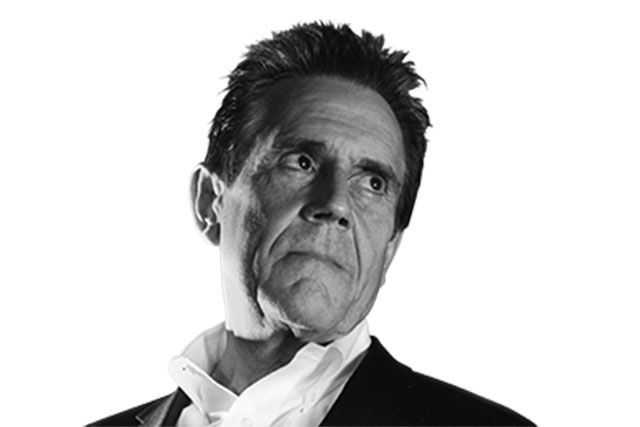CSR and CRM are abbreviations used by marketing people.
They stand for Corporate Social Responsibility and Customer Relationship Marketing.
Like most marketing terms, they’re new names for old ideas.
The simplest way to summarise them is: do something good, and the goodwill you get back will mean increased sales.
But the ideas really aren’t new at all.
Take price tags, for instance.
They were probably the first examples, 150 years ago.
The first person to use them was John Wanamaker in Philadelphia.
In 1861, he opened his first store.
He was a deeply religious man and he was impressed by the retail practices he’d seen among Quakers.
The Quakers were the first people to have fixed prices for goods.
Previously, goods were haggled over at point of purchase.
If someone looked affluent, the retailer would charge more.
But if the customer was good at haggling, they’d bargain it down.
This wasn’t the Quaker way.
They said it led to dishonesty and greed.
They said everyone should be equal.
"If every man is equal before God, every man should be equal before price."
So Quaker shops had fixed prices on goods – it didn’t vary whoever wanted to buy them.
John Wanamaker took this a stage further.
He had the price displayed on every single item in the store.
There was no haggling.
At first this was unpopular – people liked to haggle.
They thought they got a better deal.
But Wanamaker had a "satisfaction guarantee" printed on the back of every price tag: money back if not satisfied.
That was remarkable.
No-one anywhere had ever done that before.
Suddenly the fixed price was seen as a mark of quality instead of a bad bargain.
Price and quality were fixed, like the law.
The store had an unbending commitment to providing the fairest treatment for every customer.
And their reputation soared.
Wanamaker continued to improve the retail experience.
For the customers: the first store with electric lights, elevators, telephones.
For the staff: medical insurance and pensions.
In fact, Wanamaker became the first retailer to buy a full-page newspaper ad.
He employed the world’s first full-time copywriter, John Emory Powers.
And sales doubled, from $4m to more than $8m.
His store grew to two million square feet.
After his death, in 1952, his family sold the store for $60m – the equivalent of $1bn today.
So Wanamaker successfully employed the principles of CSR and CRM, which began with the Quakers.
People who built huge businesses out of fair and honest trading.
People who practised CSR and CRM hundreds of years before any marketing department existed.
People who did it, not because it was a marketing gimmick, but because it was the right thing to do.
And in doing it, they became very, very successful.
As it was said at the time: "Doing well by doing good."
Dave Trott is the author of Creative Mischief, Predatory Thinking and One Plus One Equals Three


